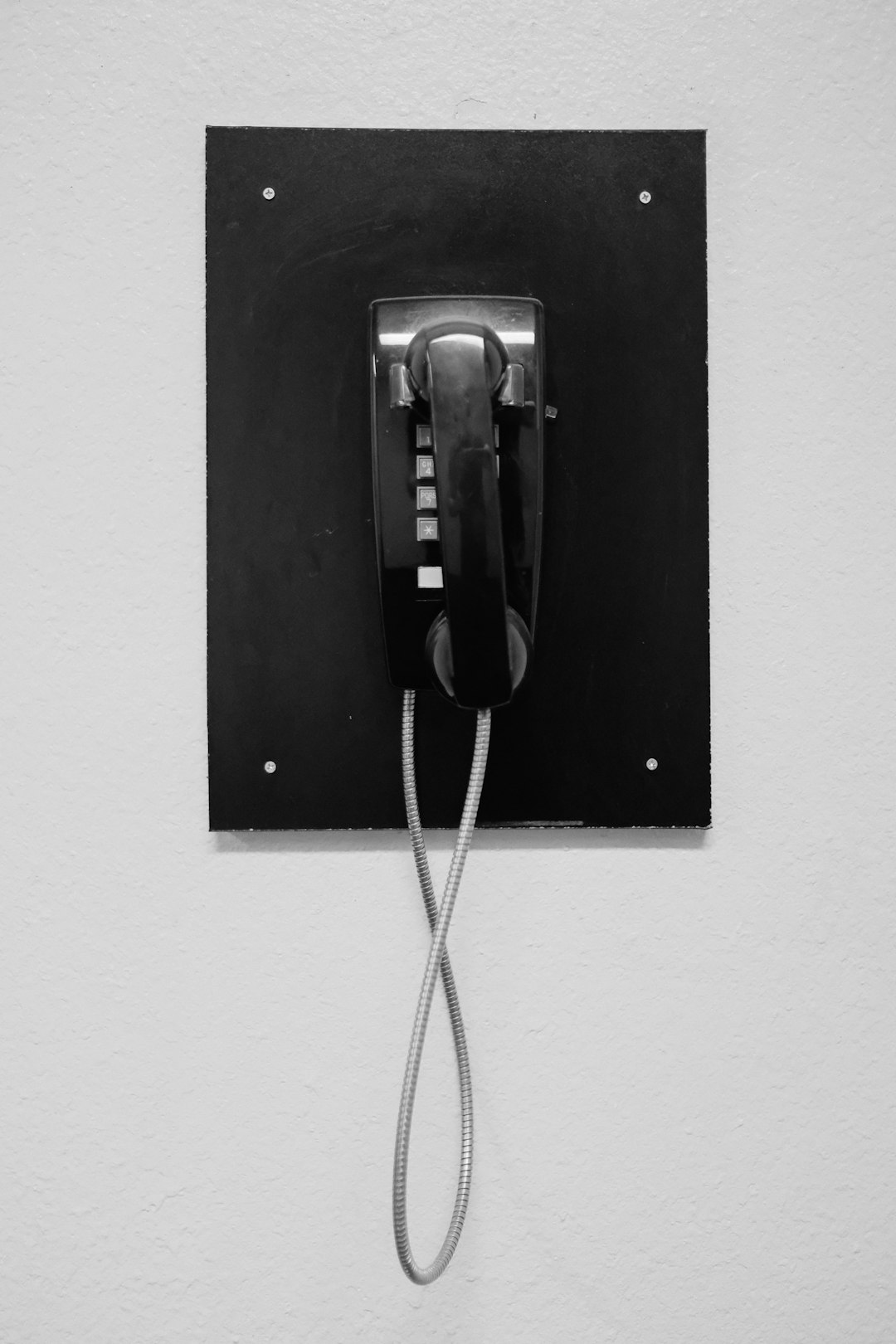Wisconsin Rapids and state-wide No Call Laws aim to protect residents from spam calls by requiring telemarketers get explicit consent. These laws have reduced unwanted sales calls significantly, though spammers still find ways around them. By registering on Wisconsin's Do Not Call list, using call blocking tech, adjusting privacy settings, and avoiding number sharing, residents can further limit marketing intrusions.
In Wisconsin, including the city of Wisconsin Rapids, the implementation of strict No Call Laws has significantly reduced unwanted spam calls. This article delves into the impact of these laws on local residents and businesses, exploring how they mitigate the surge of unsolicited phone marketing. By analyzing common sources of spam calls, we uncover strategies to further enhance protection against these irritants. Understanding and adhering to Wisconsin’s No Call Laws is a crucial step in ensuring a quieter, more peaceful communication environment.
Understanding Wisconsin's No Call Laws

Wisconsin, including Wisconsin Rapids, has strict No Call Laws in place to protect residents from unwanted phone calls and spam. These laws are designed to give individuals control over their privacy and reduce the number of unsolicited sales calls they receive. The state’s regulations limit telemarketers’ ability to call residents without prior consent, ensuring that citizens can enjoy a quieter, more peaceful home environment.
Under these laws, businesses and telemarketing companies must obtain explicit permission from Wisconsin residents before initiating phone contact for commercial purposes. This means that if you haven’t given your consent, you have the right to expect fewer spam calls. Wisconsin’s No Call Laws are a powerful tool in combating unwanted telecommunications, providing much-needed relief from persistent and intrusive marketing efforts.
Impact on Spam Calls in Wisconsin Rapids

In recent years, Wisconsin Rapids has seen a significant reduction in spam calls thanks to stricter enforcement of No Call Laws. These laws have been instrumental in curbing unwanted telemarketing calls, providing residents with much-needed relief from persistent and often harassing phone threats. The impact has been notable, with many locals reporting fewer intrusive calls, leading to improved quality of life.
The decline in spam calls is a positive outcome for the community, allowing residents to enjoy more peaceful interactions at home. Wisconsin’s robust No Call Laws have set a standard for other regions, demonstrating that stringent regulations can effectively target and minimize nuisance calls. As technology evolves, so too do these measures, ensuring that Wisconsin Rapids remains a safer and less disruptive environment for its citizens.
Common Sources of Spam Calls

Spam calls, also known as robocalls, are a widespread nuisance across Wisconsin Rapids and beyond. Common sources of these unwanted calls include telemarketers, scammers, and automated systems used for political campaigns. Despite efforts to combat them, these calls continue to flood people’s phones due to advancements in technology that make it easy for bad actors to bypass No Call Laws in Wisconsin. These laws are designed to protect residents from unsolicited phone marketing, but they do not always prevent determined spammers from making their calls.
Effective Strategies for Reduction

Spam calls, or unwanted telemarketing, can be a nuisance and a violation of privacy. In Wisconsin Rapids, as in many places across the country, reducing spam calls is a priority to ensure residents’ peace of mind. Effective strategies for call reduction include implementing and adhering to No Call Laws in Wisconsin. These laws give residents the power to register their phone numbers on the state’s Do Not Call list, significantly curbing unwanted marketing calls.
Additionally, using advanced call blocking technologies can be a game-changer. Many modern call screening services employ artificial intelligence to identify and block spam calls at the network level. Opting for privacy settings that limit call permissions and being cautious when sharing personal numbers are also crucial steps. By combining these measures, Wisconsin Rapids residents can create a more spam-free environment, enjoying greater control over their communication channels.






